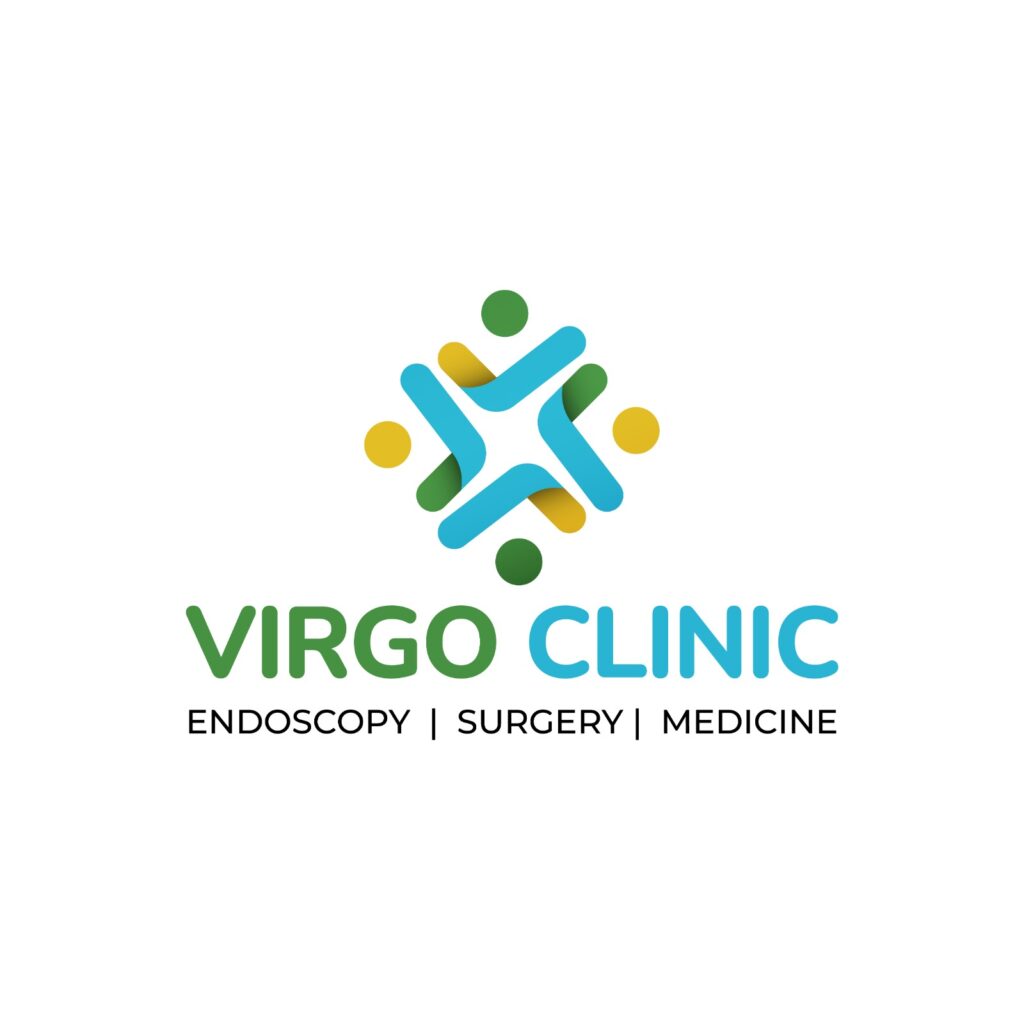FAQ
Home >FAQ
frequently ask questions
1. What is laparoscopic surgery and how does it differ from open surgery?
Laparoscopic surgery is a minimally invasive technique where small incisions are made, and a thin tube with a camera (laparoscope) is inserted to view and treat internal organs. Unlike open surgery, which requires a large cut to access the surgical site, laparoscopy uses tiny cuts that reduce pain, scarring, and recovery time. Patients undergoing laparoscopic procedures usually experience shorter hospital stays, quicker return to daily activities, and lower chances of complications. This technique is widely used in gall bladder surgery, hernia repair, and gastrointestinal procedures. Consulting the Best Endoscopy surgeon in Aundh ensures accurate diagnosis and advanced treatment options, making it a preferred choice over traditional open surgery.
2. What are the key benefits of minimally invasive laparoscopic procedures?
Minimally invasive laparoscopic procedures offer several advantages compared to open surgery. They require only small incisions, which reduces post-surgical pain, blood loss, and risk of infection. Recovery time is significantly shorter, allowing patients to resume normal activities within a few days. Scarring is minimal, leading to better cosmetic outcomes. These procedures also provide surgeons with a magnified view of internal organs, ensuring precise treatment. In conditions like gall bladder stones, hernias, and gastrointestinal disorders, laparoscopic surgery improves patient comfort, reduces hospital stays, and lowers overall treatment costs. For many individuals, laparoscopy is the safest and most effective surgical option.
3. What are the common symptoms of piles and anal fissures?
Piles (hemorrhoids) and anal fissures are common anorectal conditions with distinct symptoms. Piles may cause rectal bleeding during bowel movements, itching, swelling, or discomfort in the anal region. In some cases, painful lumps may be felt around the anus. Anal fissures, which are small tears in the anal lining, typically cause sharp pain during or after passing stools, often accompanied by bleeding and a burning sensation. Both conditions can lead to persistent discomfort if untreated. Early medical consultation helps prevent complications and ensures effective treatment through dietary changes, medications, or minimally invasive procedures depending on severity.
4. What are the signs and symptoms that may indicate a hernia?
A hernia occurs when an internal organ pushes through a weak spot in the muscle or tissue. The most common sign is a visible bulge in the abdomen, groin, or near surgical scars, which may become more noticeable while coughing or lifting heavy objects. Other symptoms include pain or discomfort at the site, heaviness, or a dragging sensation. In severe cases, patients may experience nausea, vomiting, or difficulty passing stools. If left untreated, hernias can lead to complications like strangulation of the intestine. Early diagnosis and surgical repair ensure long-term relief and prevent serious health risks.
5. What is capsule endoscopy and in which conditions is it recommended?
Piles (hemorrhoids) and anal fissures are common anorectal conditions with distinct symptoms. Piles may cause rectal bleeding during bowel movements, itching, swelling, or discomfort in the anal region. In some cases, painful lumps may be felt around the anus. Anal fissures, which are small tears in the anal lining, typically cause sharp pain during or after passing stools, often accompanied by bleeding and a burning sensation. Both conditions can lead to persistent discomfort if untreated. Early medical consultation helps prevent complications and ensures effective treatment through dietary changes, medications, or minimally invasive procedures depending on severity.
6. When does a patient need gall bladder surgery?
Capsule endoscopy is a diagnostic procedure that uses a small, pill-sized camera swallowed by the patient. As it travels through the digestive tract, it captures thousands of images, which are recorded on a device worn externally. This test is particularly useful when standard endoscopy or colonoscopy cannot provide complete results. Doctors, including the Best Endoscopy surgeon, Aundh, often recommend capsule endoscopy for diagnosing unexplained gastrointestinal bleeding, small bowel tumors, Crohn’s disease, polyps, and celiac disease. It is safe, non-invasive, and provides detailed internal imaging without the need for surgical instruments. Capsule endoscopy plays an important role in detecting early-stage digestive disorders for timely treatment.
7. What symptoms suggest thyroid-related problems?
Thyroid disorders can present with a wide range of symptoms depending on whether the gland is overactive (hyperthyroidism) or underactive (hypothyroidism). Common signs of hypothyroidism include fatigue, weight gain, dry skin, constipation, and feeling unusually cold. Hyperthyroidism may cause weight loss, rapid heartbeat, sweating, anxiety, and irritability. Swelling in the neck (goiter), hair loss, and irregular menstrual cycles can also indicate thyroid problems. Since thyroid hormones affect metabolism, early diagnosis is crucial. Blood tests measuring TSH, T3, and T4 levels confirm the condition. Timely treatment with medication, lifestyle adjustments, or surgery ensures effective management and prevents complications.
8. Why is regular monitoring important in high blood pressure treatment?
High blood pressure (hypertension) is often called a “silent killer” because it may not cause noticeable symptoms until it leads to serious complications like stroke, heart attack, or kidney damage. Regular monitoring is essential to track blood pressure levels and evaluate the effectiveness of treatment. Continuous checks help doctors adjust medications, recommend lifestyle changes, and reduce risks of long-term organ damage. Monitoring also encourages patients to stay consistent with dietary control, exercise, and stress management. By keeping blood pressure within a healthy range, regular follow-ups significantly improve overall health and prevent life-threatening conditions.
9. How does an asthma specialist support long-term asthma management?
An asthma specialist provides expert care to control symptoms, reduce flare-ups, and improve lung function. They begin with accurate diagnosis using lung function tests and medical history, then create a personalized treatment plan. This may include inhalers, medications, and avoidance of specific triggers like allergens or pollutants. Specialists also guide patients in lifestyle modifications and emergency management strategies. Regular follow-ups allow treatment adjustments, ensuring asthma remains under control over time. With professional guidance, patients can prevent frequent attacks, maintain normal activity levels, and enjoy a better quality of life with fewer hospital visits.
10. What are the early warning signs of diabetes?
The early signs of diabetes often develop gradually and may go unnoticed without testing. Common symptoms include excessive thirst, frequent urination, unexplained weight loss, fatigue, and increased hunger. Blurred vision, slow-healing wounds, and frequent infections are also indicators. In type 2 diabetes, symptoms may be milder, leading to delayed diagnosis. Identifying these warning signs early is crucial for timely treatment and prevention of complications such as nerve damage, kidney disease, and cardiovascular problems. Visiting a trusted Diabetes clinic in Wakad for regular health checkups, blood sugar tests, and lifestyle guidance plays an important role in detecting diabetes at an early stage.
11. What are the different types of diabetes?
Diabetes is a chronic condition characterized by high blood sugar levels due to problems with insulin production or function. The main types include:
- Type 1 Diabetes: An autoimmune condition where the body stops producing insulin, usually diagnosed in children or young adults.
- Type 2 Diabetes: The most common type, where the body becomes resistant to insulin or produces less of it. It is often linked to lifestyle factors.
- Gestational Diabetes: Occurs during pregnancy and increases the risk of type 2 diabetes later.
Recognizing the type helps determine proper treatment, including medication, lifestyle modifications, or insulin therapy.

